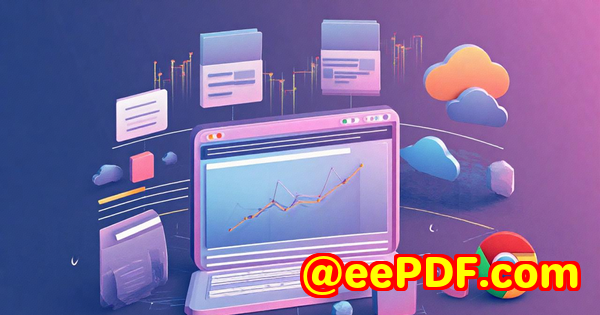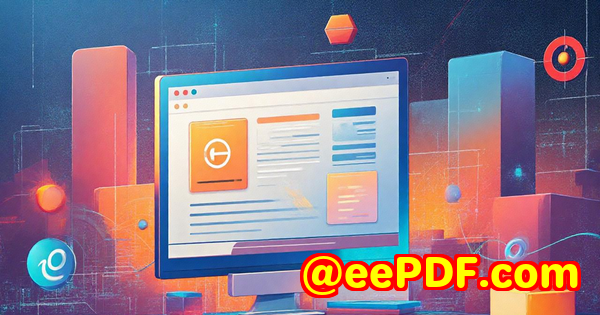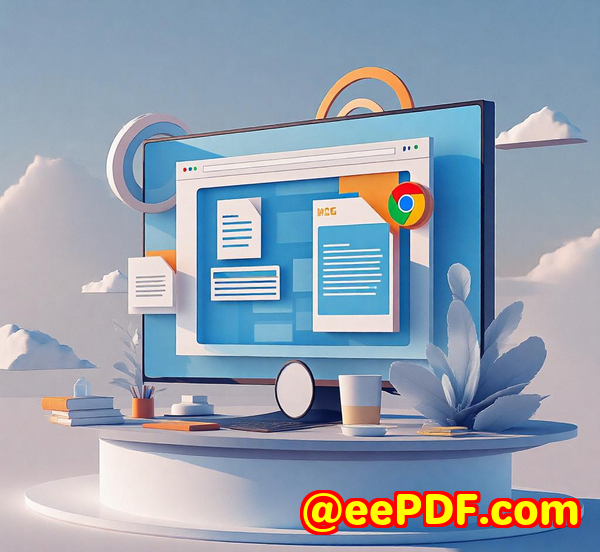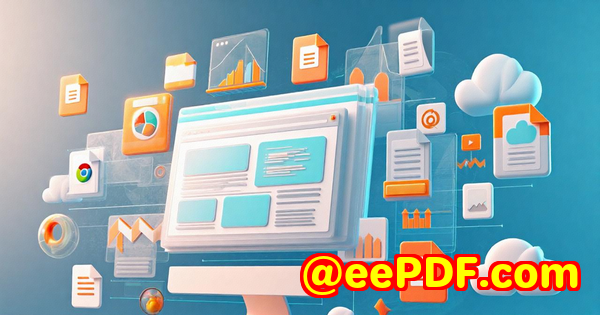How Legal Teams Use JavaScript Barcode SDK to Organize Case Files Efficiently
How Legal Teams Use JavaScript Barcode SDK to Organize Case Files Efficiently
Every Monday morning, I used to dread the mountain of case files piling up on my desk. Each folder packed with paperwork, many tagged with barcodes, but no simple way to quickly scan, sort, or retrieve them. Legal teams deal with tons of documents daily, and disorganised files can slow down even the best lawyers. That's why when I discovered the VeryUtils JavaScript Barcode Scanner SDK, it was a game changer for how we handle case files.
If you're part of a legal team struggling with managing piles of scanned documents, PDFs, and physical files, this tool will speak your language.
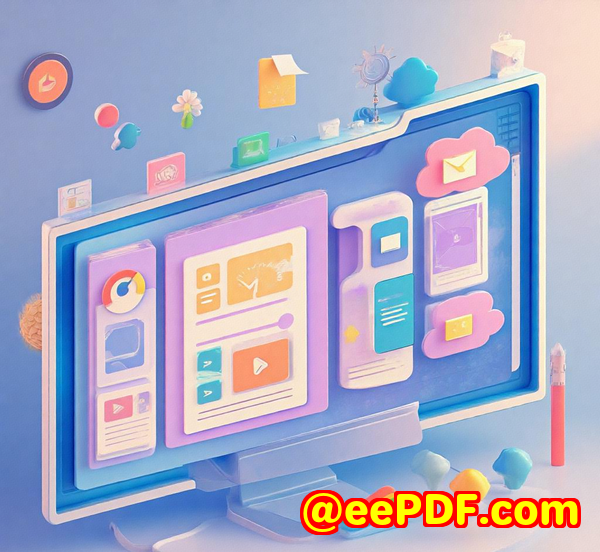
Why Legal Teams Need a Better Way to Organize Case Files
In legal work, every second counts. When a deadline looms or you're preparing for a court date, fumbling through folders wastes valuable time. Barcodes on case files are common, but traditional scanners either require clunky hardware or software that's slow, unreliable, or too complex for daily use.
Legal teams need a lightweight, reliable barcode scanning solution that fits seamlessly into existing workflows preferably something that works right in a browser or web app without extra hardware.
How I Found the VeryUtils JavaScript Barcode Scanner SDK
I was hunting for a barcode scanning tool that:
-
Works on desktop and mobile browsers.
-
Can handle damaged or tiny barcodes on legal documents.
-
Supports batch scanning to speed up filing.
-
Is easy for our staff to use, with minimal training.
The VeryUtils JavaScript Barcode Scanner SDK for Developers Royalty Free popped up in a developer forum. I liked that it's designed for web apps and works purely in JavaScript, no extra installs or plugins needed. That means we could build a simple web page or integrate it into our internal case management system without hassle.
What the SDK Does A Quick Overview
This SDK turns your browser into a powerful barcode scanner that can:
-
Scan 1D and 2D barcodes (think QR codes, Data Matrix, PDF417, EAN, and more).
-
Use device cameras to scan barcodes live or from uploaded images.
-
Work in low light or with damaged barcodes common problems when scanning older legal files.
-
Perform batch and multi-scanning, so you can scan many barcodes in one go.
-
Provide real-time augmented reality (AR) feedback for instant scanning confirmation.
-
Be customised with a ready-to-use user interface or deeply fine-tuned via API.
Who Should Use This JavaScript Barcode SDK?
This tool is a perfect fit if you:
-
Are part of a legal team handling many physical or scanned case files.
-
Manage inventory or logistics related to legal evidence or materials.
-
Develop or maintain web apps for document management in legal or corporate environments.
-
Need a fast, reliable, and web-based barcode scanning solution without bulky hardware.
-
Want to improve accuracy and speed when tracking legal documents or assets.
How I Used It to Streamline Legal Document Management
Our legal office manages hundreds of case files every week. Each folder has barcodes, but before, scanning was a slow, manual process involving desktop scanners and standalone apps.
Using the VeryUtils JavaScript Barcode Scanner SDK, I set up a simple web page where staff could:
-
Open the page on any device (laptop, tablet, or phone).
-
Use the camera to scan barcodes quickly.
-
Batch scan multiple barcodes in one session.
-
Automatically add scanned info to our document tracking system.
Key features I found incredibly helpful:
1. Batch Scanning Massive Time Saver
Instead of scanning files one by one, our team now scans multiple barcodes rapidly without closing or restarting the scanner interface. For example, when checking in new case files, this sped up the process from hours to minutes. The batch scanning mode is reliable even with barcodes close together on thick legal folders.
2. Robust Scanning Under Tough Conditions
Legal files often have worn or dirty barcodes, and poor lighting in storage rooms made scanning frustrating. This SDK's AI-powered scanning engine handled these scenarios like a champ damaged or partially obscured barcodes were still recognised without fail.
3. Real-Time AR Feedback
Seeing instant visual cues that a scan was successful meant less second-guessing and re-scans. The AR overlays guided our staff, especially newcomers, helping them scan accurately on the first try. It also made the process more interactive and less tedious.
How This SDK Compares to Other Tools
Before using this SDK, we tried some popular open-source barcode scanners and standalone apps. They either required complicated setups, weren't reliable with damaged codes, or didn't support batch scanning.
The VeryUtils SDK stood out for:
-
Cross-platform browser compatibility works on Chrome, Firefox, Edge, Safari on desktop and mobile.
-
No hardware dependencies uses built-in cameras, no extra devices.
-
Customization options the ready-to-use UI allowed us to quickly deploy, while the API gave room for deeper tweaks.
-
Developer-friendly support excellent docs, samples, and quick responses helped me get the tool production-ready in days.
Why I'd Recommend This to Legal Teams
If your team handles piles of legal documents with barcodes, this SDK will streamline your entire filing and tracking workflow.
-
It saves tons of time scanning and sorting files.
-
Cuts down scanning errors with smart AI.
-
Works anywhere on any device perfect for remote or on-site staff.
-
Fits into your existing web applications easily.
I'd highly recommend the VeryUtils JavaScript Barcode Scanner SDK to any legal professional or developer building document management tools. It's practical, powerful, and designed with real-world needs in mind.
Start your free trial now and watch your legal team's file organisation become faster and smarter: https://veryutils.com/javascript-barcode-scanner-sdk
Custom Development Services by VeryUtils
VeryUtils understands that off-the-shelf solutions don't always fit every organisation's needs. That's why they offer custom development services across various platforms and technologies.
Whether you need advanced PDF processing, print job monitoring, barcode recognition, or document security features, their expert team can build tailored utilities using Python, PHP, C/C++, Windows API, JavaScript, .NET, and more.
From Windows Virtual Printer Drivers generating PDFs and images to OCR table recognition in scanned documents, VeryUtils covers a vast range of document and printing technologies.
For legal teams requiring bespoke integrations or workflows like integrating barcode scanning with case management systems or automated document processing pipelines VeryUtils's custom services can create a solution that fits your exact needs.
Reach out through their support centre at https://support.verypdf.com/ to explore your project.
Frequently Asked Questions
1. Can the JavaScript Barcode Scanner SDK handle damaged barcodes on legal documents?
Yes, the SDK uses AI-powered scanning algorithms designed to decode barcodes even if they are partially damaged, worn, or printed under less-than-ideal conditions.
2. Is the SDK compatible with mobile devices and desktops?
Absolutely. It supports all major browsers on desktop and mobile platforms, including Chrome, Firefox, Edge, and Safari on iOS and Android.
3. Does it support batch scanning for processing multiple case files at once?
Yes, batch scanning is a core feature. You can scan multiple barcodes in quick succession without closing the scanner, ideal for bulk document management.
4. How easy is it to integrate this SDK into existing legal software?
Very easy. It offers a ready-to-use UI component for fast deployment and a full API for customisation. Developers can integrate it with minimal effort into web applications.
5. Is the SDK secure for handling sensitive legal data?
Yes, security and privacy are priorities. The SDK runs locally in the browser, so data never leaves your system unless you choose to send it. VeryUtils is ISO27001 certified, ensuring high security standards.
Tags and Keywords
-
JavaScript Barcode Scanner SDK
-
Legal document management
-
Barcode scanning for legal teams
-
Case file organisation software
-
Batch barcode scanning tool
-
Web-based barcode scanner
-
VeryUtils barcode SDK
-
Efficient legal case filing
-
AI-powered barcode scanning
-
Cross-platform barcode reader
This tool helped me turn a tedious legal filing nightmare into a streamlined, high-speed process something every legal team should try. If you want to organise case files efficiently and ditch the old scanner hassles, give this JavaScript Barcode SDK a shot.
